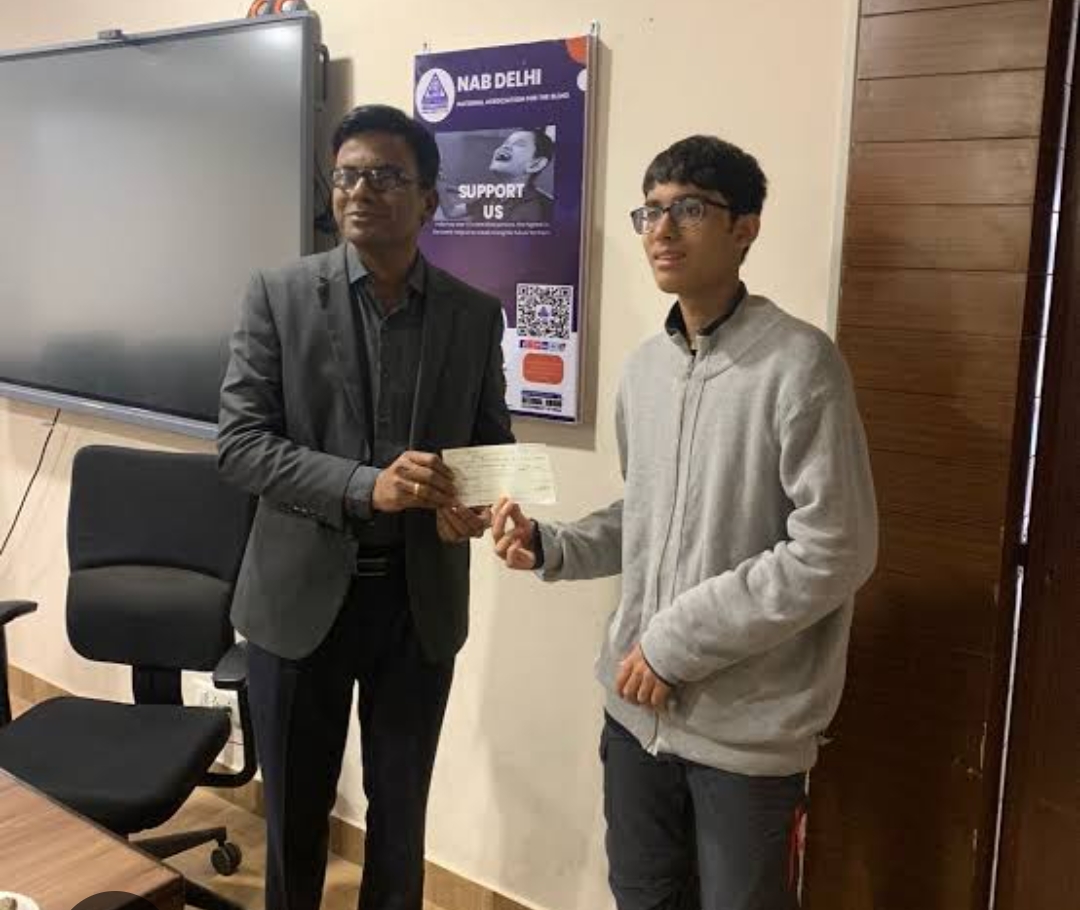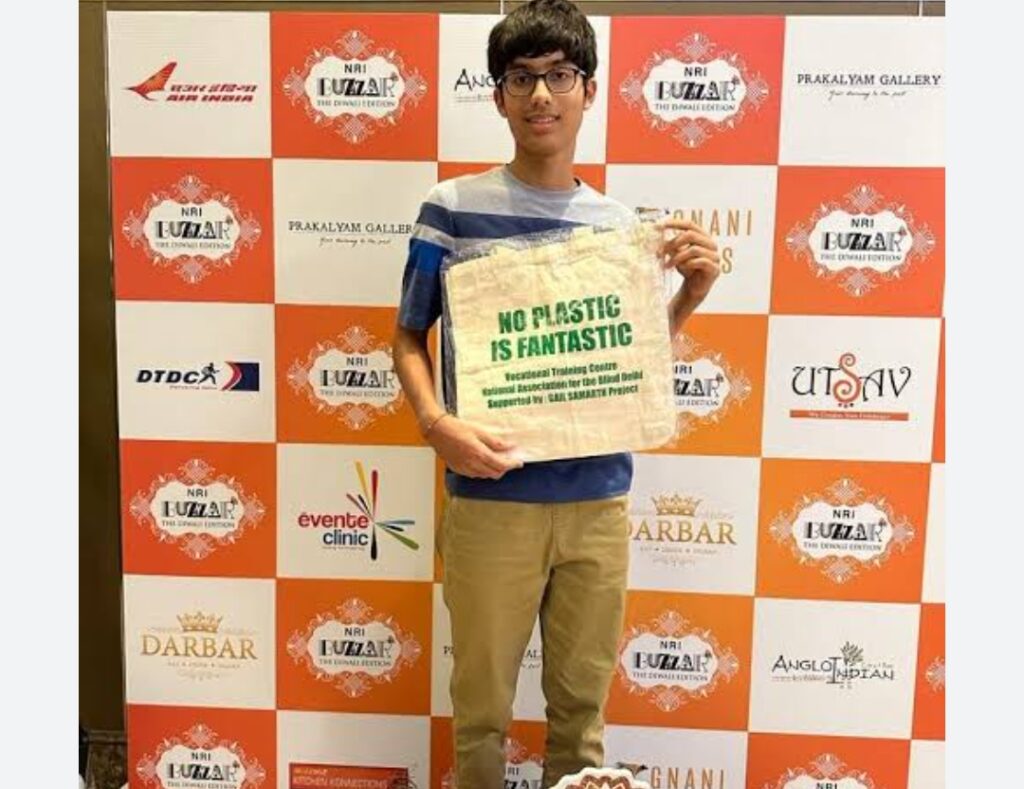In a world dominated by screens and selfies, 17-year-old Ameya Meattle is quietly rewriting the script for compassion and innovation. While most teens chase trends, this young visionary is creating life-changing technology for India’s visually impaired community—the largest in the world, with nearly 5 million blind individuals and over 70 million with vision impairment.
A Summer That Changed Everything
Ameya’s journey began during a summer visit to the Blind Relief Association in Delhi with his grandmother. Moved by the resilience of the children he met, he decided to dedicate every summer to helping them. What started as volunteering soon turned into a mission to build tools that give the visually impaired independence and opportunity.
By the age of 14, he launched Earth First, a social enterprise focused on upskilling visually impaired individuals through creativity and technology.
From Tote Bags to Tech Empowerment
Earth First began by training over 100 visually impaired artisans across India and Singapore to make eco-friendly products like tote bags, jute placemats, and macramé planters. The initiative raised $12,000, all reinvested into new training programs.
But Ameya wanted to go beyond crafts. He developed a Python programming curriculum for visually impaired students, empowering them to step into the world of coding and digital careers.
“Ameya helped our students explore opportunities in technology,” said officials at the Blind Relief Association, Delhi. “His initiative gave them hope for a more independent future.”

Turning Eye Tests Into Games
Under the mentorship of Dr. Pawan Sinha at MIT, Ameya created a VR-based eye test that turns visual acuity exams into a fun, gamified experience. This tool helps young children, non-English speakers, and people with cognitive disabilities undergo eye tests more comfortably.
Tested at MIT’s Sinha Lab and Project Prakash—which provides vision care in rural India—the innovation could redefine how eye exams are conducted for millions.
Revolutionizing Indoor Navigation
Ameya’s recent project under Project Canary with Dr. Matthew Varghese focuses on indoor navigation for the visually impaired. He designed an audio-guided device that helps users move confidently through complex spaces like hospitals and universities.
The system is already in use at Maitreyi College (Delhi University), St. Stephen’s Hospital, and Cure India, and more installations are planned.
“That level of initiative and execution is rare at any age,” said Dr. Smriti Singh, an accessibility consultant at Project Canary.
Science with a Soul
Ameya’s work stands at the intersection of science, empathy, and purpose. From creating sustainable livelihoods to building advanced assistive technology, his vision is reshaping how society views accessibility.
“I believe everyone deserves a chance to see their potential,” says Ameya, with the humility of someone far beyond his years.
At just 17, Ameya Meattle is not just an innovator—he’s a reminder that true vision doesn’t come from sight, but from purpose.


